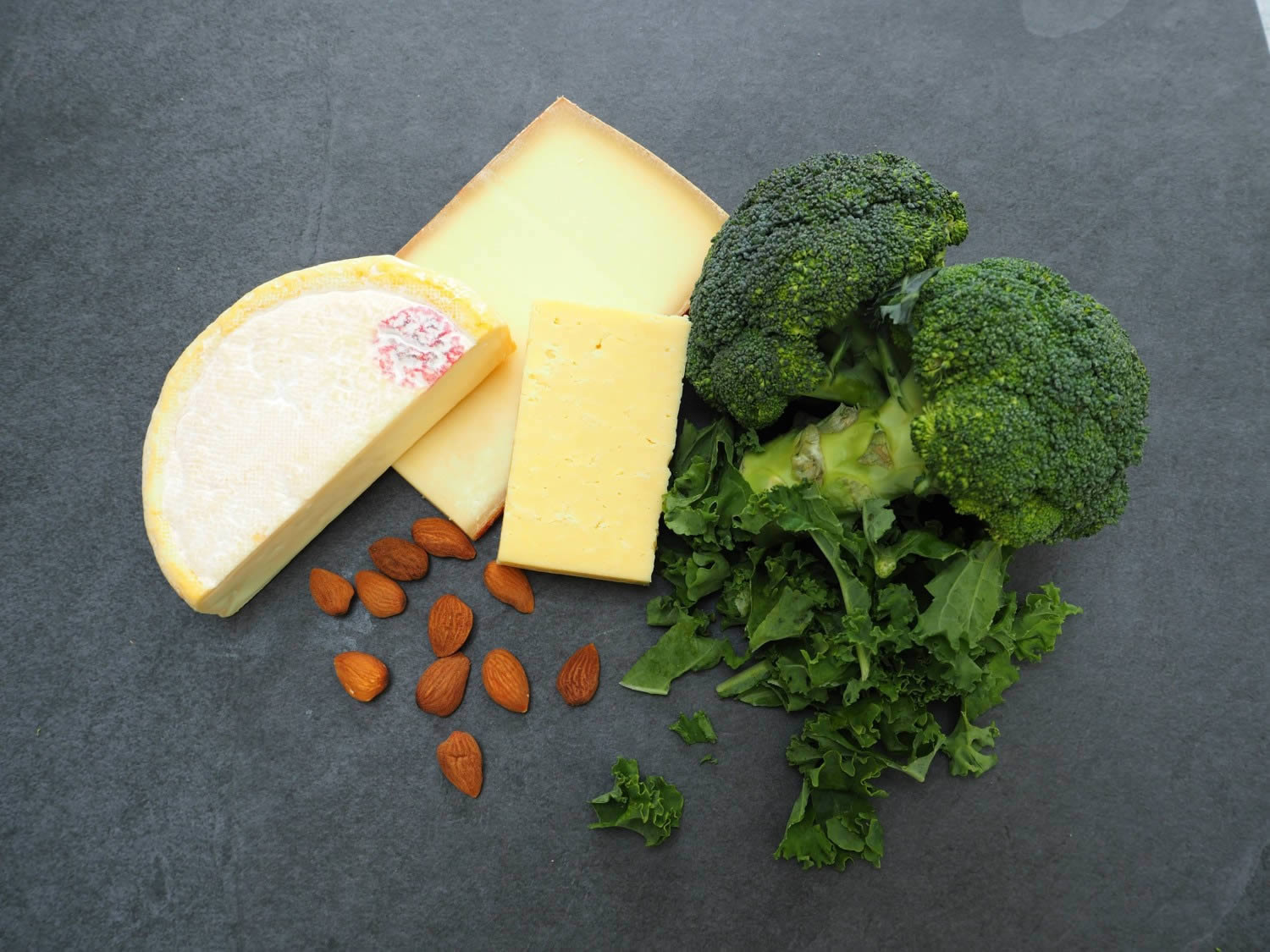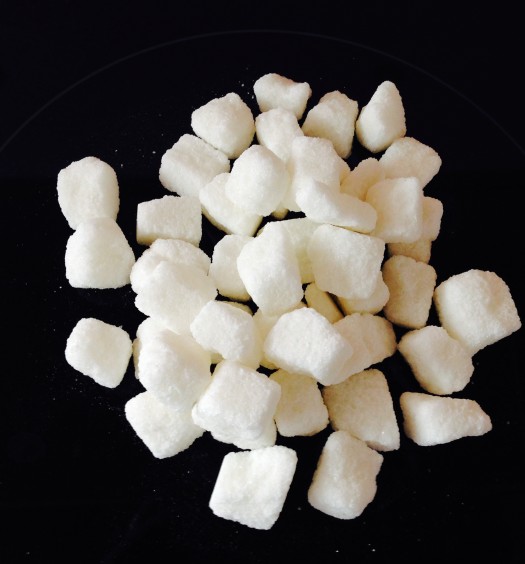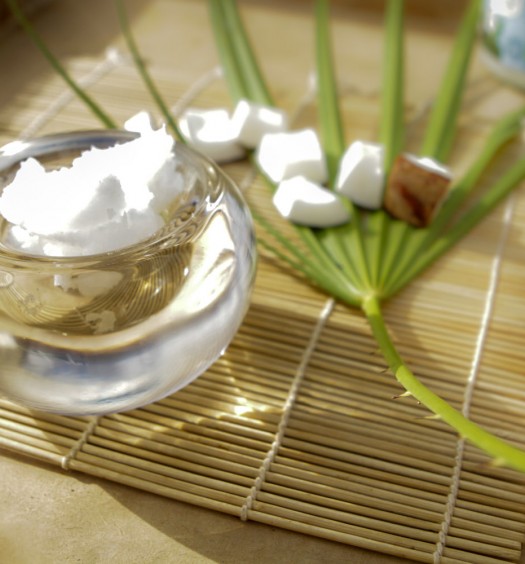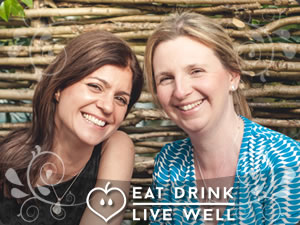It perplexes me how we’re lead to believe that it’s a good idea to give kids plenty of cheese. I think we’re ingrained with the ideology that children need calcium to grow and therefore need to get this from dairy. We wonder why kids always seem to be snotty, “it’s just going around” you hear mothers say handing their child a tissue followed by a cheese stick.
I have issues with dairy – I do eat it and have no problem with the odd ice-cream, pizza or comforting slice of cheese on toast. The issue I have is that we live in a society where cheese is heralded as the supreme source of calcium, yet the fact that it’s also high in saturated fat, is mucus-forming, contains high levels of hormones (linking it to increased risk for certain cancers) and is often highly processed is largely ignored.
Humans are the only creatures who drink milk past infancy. There’s no denying that children need calcium to grow and we need it to keep our bones healthy. But that doesn’t necessarily mean we all need dairy.
The biggest problem seems to be that we aren’t well informed about alternative (and healthier) sources of calcium. We’re led to believe that if, for some reason, a child avoids dairy products then it’s imperative they take supplements or they’ll get serious deficiencies. Really? Take broccoli, a simple vegetable that’s pretty standard in our kitchens. It not only has higher levels of absorbable calcium than those found in dairy, but also has so many disease-fighting properties.
The problem with calcium from dairy is that dairy naturally contains protein and sodium which influences the calcium balance in the body and tends to increase calcium excretion. Meaning that dairy causes calcium losses at the same time as increasing calcium intake. A third of the calcium absorbed from milk and more than two thirds of the calcium from cheese is wasted this way. On the other hand, the calcium in green veg such as kale provides plenty of well absorbed calcium and reduces losses.
The take home message from all this is that although dairy products are reliable sources of calcium, our bodies don’t actually retain much of it so alternative sources may actually provide much more – with the addition of many other health benefits from these foods as well. The best sources of readily absorbable calcium are green leafy veg, tinned fish (eg salmon, sardines, mackerel, tuna) beans, sesame seeds, almonds, soybeans and tofu. We use a lot of home-made stock in our house, this is a rich source as the cooking process draws the minerals (including calcium) out of the chicken or veg and into the water.
I’m not saying to give up dairy completely. My kids would never allow that anyway. It’s just worth remembering that there are lots of other great sources of calcium, with lots of good reasons to be eating them.
We hope you found this article helpful. Don’t forget to subscribe to receive more articles, nutritious recipes and expert tips. We love hearing from you so please do comment below or check us out on social media to keep up to date with what’s happening in the world of nutrition.





